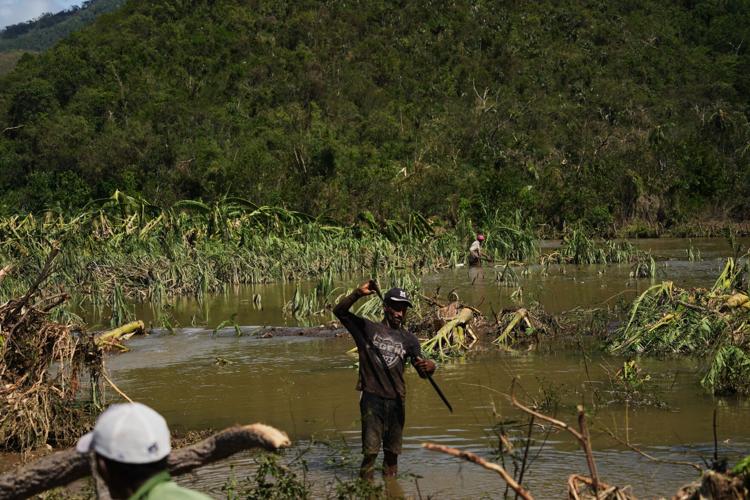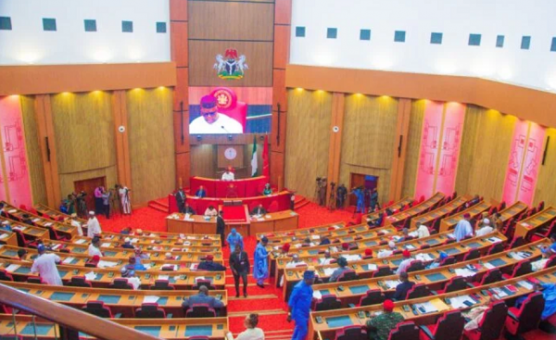Hurricane Melissa made landfall in Jamaica as a Category 5 storm with sustained winds reaching up to 185 mph. It first struck western parishes such as Westmoreland and St. Elizabeth, where farms and fishing communities lie. In one case, fisher Prince Davis found his 50-foot boat badly damaged and his family home’s roof torn off in the village of White House. Meanwhile, farmer Denver Thorpe lost 15 acres of mango trees plus two greenhouses. The scale of destruction confirmed early fears that the storm would hit the island’s food producers hard.
Fishing Sector Faces Severe Setbacks
In addition to the damage on land, the fishing industry also suffered. Many small-scale fishers operating boats and traps lost equipment and power needed to preserve their catch. Without electricity, there was no ice to store fish, and without cold storage, fish could not be sold. With tourism down and demand falling, fishers found themselves without a market just as their livelihoods were struck. The crisis hit particularly hard those who support households on their daily catch.
Farm Losses Threaten Food Security
Agriculture officials said that Jamaica’s “breadbasket” region, St. Elizabeth parish, ended up submerged in floodwaters. Key crops such as yams, cassava, plantains and vegetables were flattened, while large fruit trees fell and greenhouses collapsed. This comes less than two years after a previous storm rocked the sector. Many small-scale producers, who farm on plots of just two hectares or less, now face the toughest recovery challenge yet. Experts warn full restoration may take months and that food-price inflation could follow.
Government Response and Recovery Outlook
Authorities have mobilised disaster‐response teams and international partners to provide food relief, temporary housing and seeds. However, officials concede that rebuilding the agricultural and fishing infrastructure will take time. Agricultural minister Floyd Green described the impact as “crippling.” In the meantime, the island may rely more on imports to offset production losses and safeguard supply chains.
Conclusion
Hurricane Melissa has inflicted a catastrophic blow to Jamaica’s farmers and fishers. More than equipment and crops were lost it is the livelihoods of thousands of small-scale producers at stake. As recovery efforts begin, the island now confronts a longer-term economic challenge in restoring food production and safeguarding vulnerable communities. Ultimately, how quickly Jamaica rebuilds its agricultural and fishing sectors will determine how firmly it bounces back from this latest disaster.
Bonus Read: JetBlue Passengers Hospitalized After Emergency Landing in Florida



